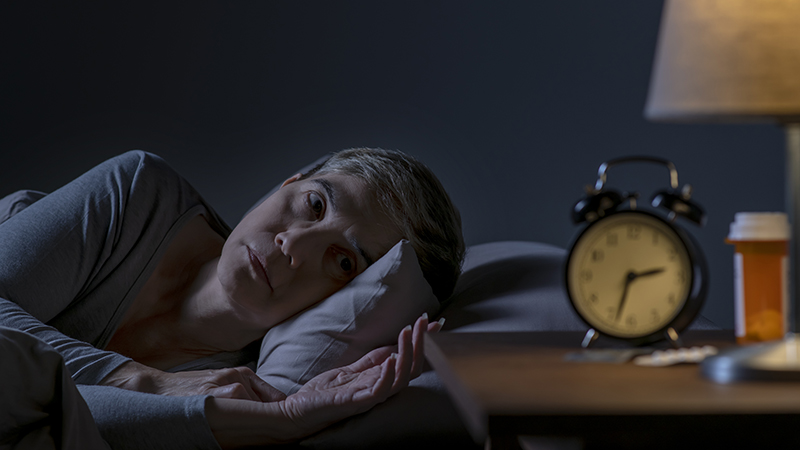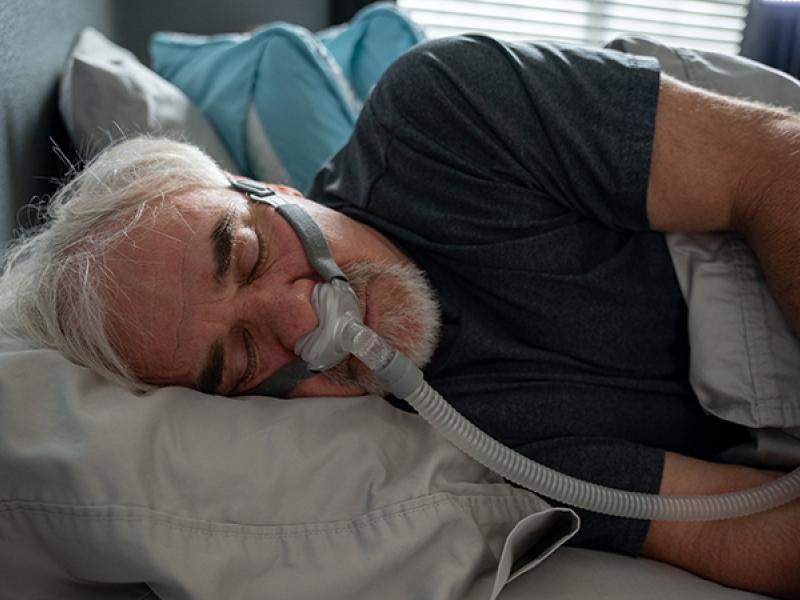
A University of Missouri researcher will expand her study on how to use cognitive behavioral therapy (CBT) to lessen both insomnia and alcohol use disorder simultaneously, thanks to a new $2.2. million grant from the National Institutes of Health.
One in 10 adults in the U.S. reports binge drinking on a weekly basis, but few of those seek out mental health treatment for their alcohol use. Many people that engage in hazardous drinking also report clinically significant symptoms of insomnia. They may address their insomnia with excessive alcohol use, which can make sleep disorders worse and lead to other alcohol-related harms.

Mary Beth Miller, PhD, associate professor of psychiatry at the University of Missouri School of Medicine has studied the relationship between insomnia and alcohol use disorder and how to solve both through CBT, which is a structured, non-medication-based therapy that helps individuals understand their symptoms, why they occur, and how to prevent them from continuing. It is often the preferred type of therapy for mental health disorders, such as depression or anxiety. In CBT for insomnia, participants learn about how insomnia develops, the factors that maintain their symptoms, and how to avoid insomnia moving forward.
“We hope to better understand and evaluate how treating insomnia is not only a gateway to broader mental health treatment, but also a mechanism for improvement in alcohol-related harm,” said Miller. “Interventions that target sleep disorders are important because even after abstaining from alcohol many patients continue to struggle with sleep disturbances, which decreases the likelihood of treatment completion and increases the risk of relapse.”
Miller will test CBT for insomnia as a mechanism for reducing sleep disorder severity, drinking quantity and alcohol-related consequences.
This grant follows Miller’s recent publication of research showing that it is possible to reduce insomnia with CBT even before establishing abstinence from alcohol use. Prior to her discovery, the clinical standard of care was to wait to begin CBT for insomnia until the patient was abstinent from alcohol for four weeks.
The grant runs until 2028. This research is supported by the National Institute On Alcohol Abuse And Alcoholism of the National Institutes of Health under Award Number R01AA030525. This content is solely the responsibility of the University of Missouri School of Medicine and does not necessarily represent the official views of the National Institutes of Health.





